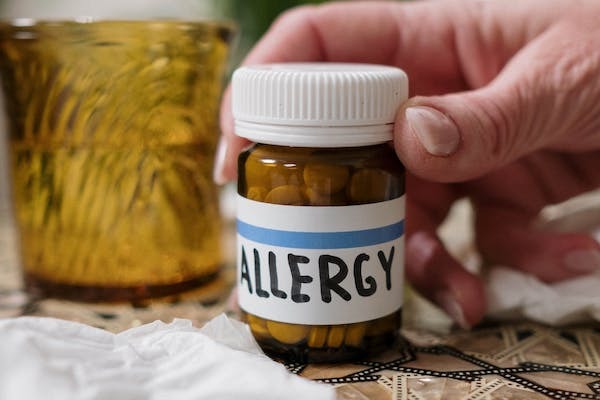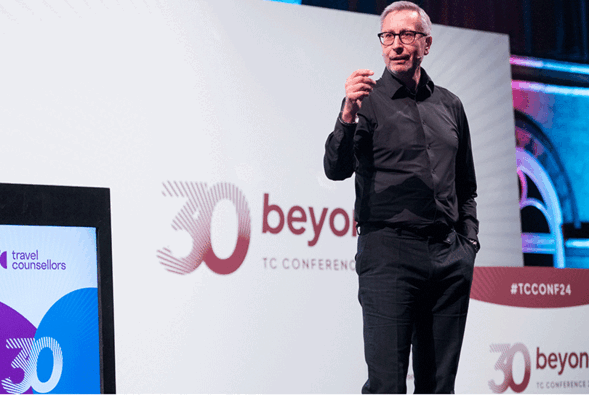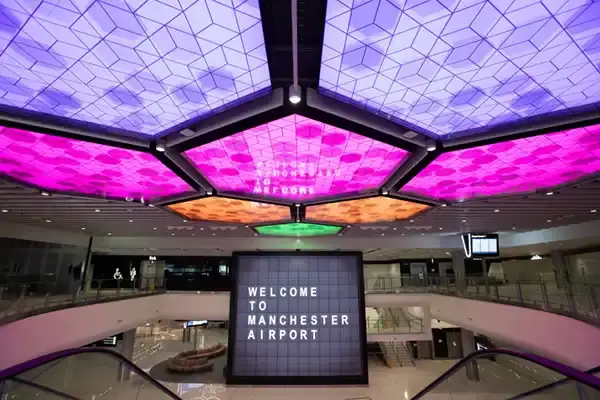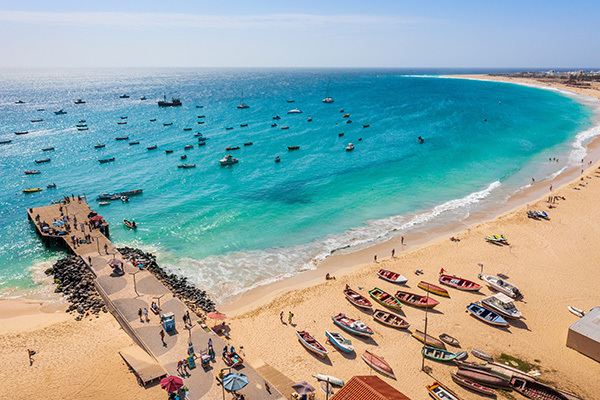Allergies and bike accidents among growing threats to holidaymakers
Allergic reactions and bike accidents have emerged as two growing threats to UK travellers’ wellbeing, new data from the Safer Tourism Foundation has revealed.
Severe allergic reactions, particularly to food, and biking incidents on gravelly descents were the two specific types of incident that stood out in the charity’s recently published data for 2022.
The data was gathered from travel operator partners licensed for a combined 7.5 million trips, as well as media reports, Foreign Office intelligence and inquest findings.
Severe allergic reactions to food, insect bites and other allergens, in particular, have increased post-pandemic, while the number of “near misses”, where a severe reaction was avoided, has also gone up the research shows.
Meanwhile, group bicycle rides have led to an increase in the number of biking accidents, while slips, trips and falls make up a fifth of all non-Covid-related incidents.
“We’re also seeing an increased proportion of bike accidents, particularly on group rides where there is a gravelly descent, where people are distracted by other riders, or when they are attempting to reach their water bottle or adjust a piece of kit such as a GoPro,” read a blog post by Safer Travel Foundation chief executive Katherine Atkinson accompanying the charity’s report.
The charity also attributed some incidents to what it describes as having a "holiday head" – the sense that nothing bad can or will happen when on holiday.
"It can be a good thing," Atkinson continued. "The sense of optimism and being outside of our normal routine makes us more likely to try things we wouldn’t usually at home – taste new foods, go on a hike or try a water sport for the first time."
"Holiday head”, though, can also lead to people pushing their bodies to the limit, resulting in injury.
“Sometimes we may make assumptions about how strenuous an activity is likely to be, and we don’t always find out sufficient detail about the physical capability required when booking our trip,” said Atkinson.
To help travellers feel safer when going abroad, the Safer Tourism Foundation has worked with its industry partners on consumer-facing campaigns as well as using cognitive behavioural science to change travellers’ attitudes or choose more appropriate holidays.
“By taking a few extra precautions and being realistic about our capabilities, we as travellers can play our part in making sure our travel is trouble-free,” Atkinson added.
Sign up for weekday travel news and analysis straight to your inbox

Ilaria Grasso Macola
Supplier Directory
Find contacts for 260+ travel suppliers. Type name, company or destination.

















